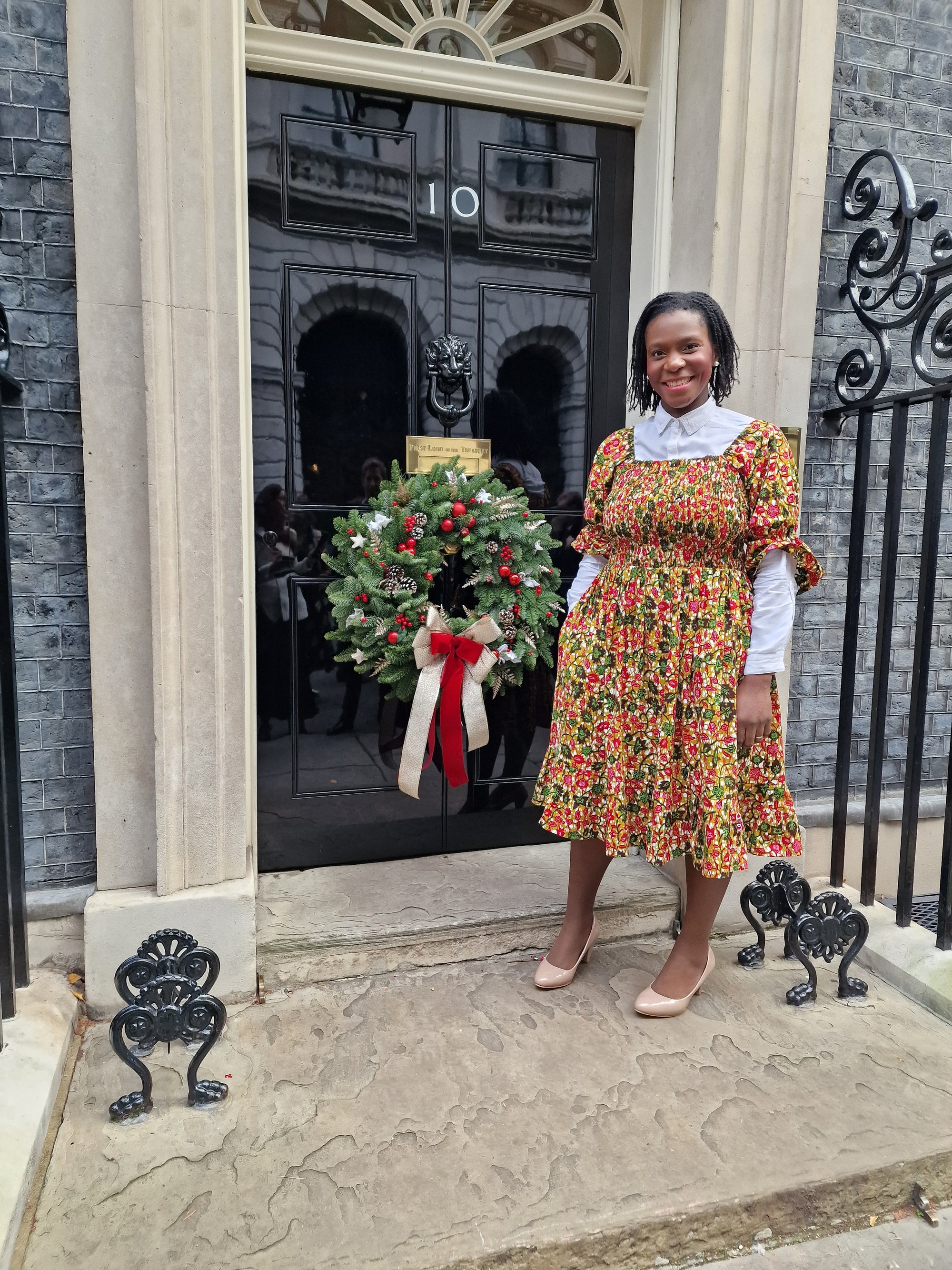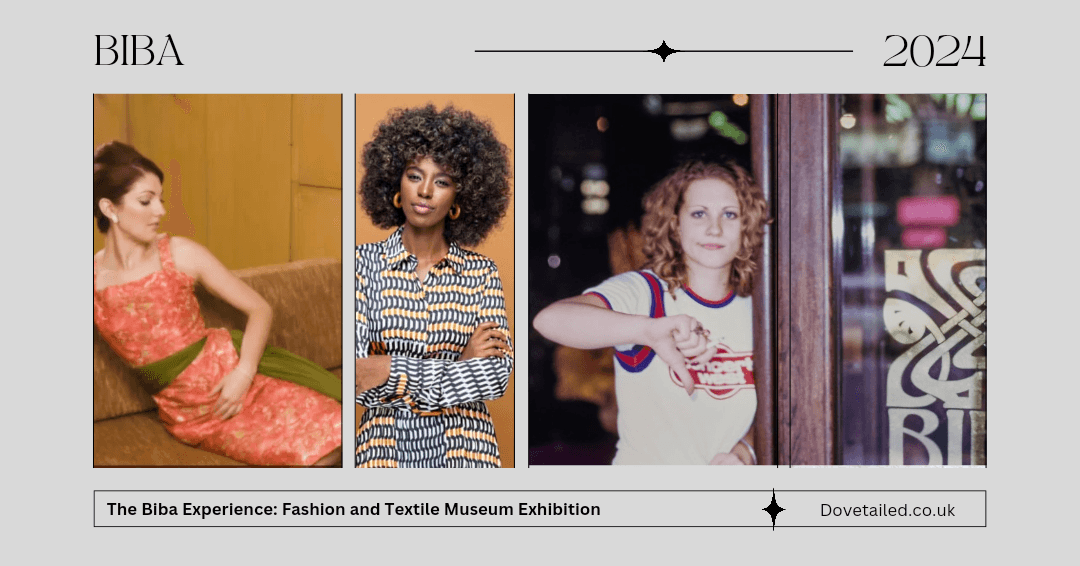The GBSB has returned! We follow 10 remaining competitors on their sewing journey where they delve into this week’s theme on West Africa; paying homage to vibrant garments inspired by the diverse continental area . In this next series of blogs, you can learn in more detail about the intricacy of the tapestry and rich fabrics that West Africa has to offer.
The Transformation challenge focuses on Nigerian Adire where the sewers have 90 minutes to turn the beautiful fabric into dresses. Nigerian Adire, boasts a textile tradition rooted in Yoruba culture, representing a rich tapestry of history, artistry, and cultural heritage. Adire, translates to "tie and dye" in the Yoruba language, which refers to a range of indigo-dyed cloth produced by skilled artisans predominantly in southwestern Nigeria by Yoruba women. In this blog, we embark on a fascinating journey into the world of Nigerian Adire, delving into the intricacies of this timeless textile art.
The roots of Adire can be traced back to the early 20th century among the Yoruba people of southwestern Nigeria. The craft initially emerged as a means of expressing cultural identity and resistance during a time of colonial influence as European textile merchants in particular towns in Yoruba enabled women to become entrepreneurs of their own! The fabrics were worn as symbols of pride and resistance against Western imports, showcasing the unique artistic traditions and craftsmanship of the Yoruba people. New techniques of resist dyeing were developed, most notably the practice of hand-painting designs on the cloth with a cassava starch paste prior to dyeing: this was known as adire eleko.

The production of Adire involves a long process. Firstly the fabric, which is traditionally made of cotton, is washed and treated with cassava starch to enhance dye absorption. To form resistance patterns, the cloth is folded, knotted, sewn, or bound with various materials. After comes the indigo dyeing process, which is the hallmark of Adire. The fabric is submerged in a dye bath made from indigofera plants, creating a vibrant blue colour. The resist patterns prevent certain areas from absorbing the dye, resulting in intricate designs and striking contrasts. This dyeing process is usually repeated multiple times to achieve desired depth of colour and complexity of patterns. After dyeing, the resist materials are removed, revealing the stunning patterns. Some Adire fabrics undergo additional treatments, such as sun drying or boiling, to enhance the colour fastness and durability of the indigo.
Adire holds significant cultural and spiritual meaning for the Yoruba community. The patterns and motifs used in Adire fabrics often reflect traditional Yoruba proverbs, myths, and symbolism. Each design tells a story or conveys a message, honouring ancestors, celebrating milestones, or invoking blessings. Adire designs feature a diverse range of motifs and patterns, each with its own symbolic and cultural value. Some common motifs include "Alabere" (cobweb), symbolising unity and interdependence; "Olokun" (waves), representing the power of the sea deity; and "Kori ojo" (eyes of the day), signifying the sun's radiance and vitality.
Adire has been adopted by modern designers, who have used it into modern fashion lines, home décor, and accessories. This blend of ancient techniques and contemporary designs has given Adire new life, making it relevant to a new generation while maintaining its cultural integrity thanks to the strong roots made by the strong Youruba women. Moreover, the resurgence of Adire has also fueled economic empowerment in local communities. Artisans and cooperatives are attempting to preserve and develop the craft, creating jobs and empowering women in particular, who have historically been the caretakers of Adire production.

Read below an insert from Ifedayo Oshin’s poem, ‘Africa of Nigeria’:
Ours are fashion and style, regal and noble,
Batik, adire, kente, Ankara and aso-oke
And flowing African milk, palmwine, burukutu
Ogogoro, kunnu, fura de nunu.
And to us the millennium bestowed
Welcome to Africa, the motherland Nigeria.
- Ifedayo Oshin
Nigerian Adire is a remarkable, timeless textile art form that encapsulates the rich cultural heritage of the Yoruba people. Its intricate patterns, vibrant colours, and deep symbolism continue to adapt to the modern world and captivate people. Through its history, production process, symbolism, and contemporary revival, Adire stands as a testament to the resilience, creativity, and cultural pride of the Nigerian people.
Want to have a go at sewing with African fabric? Shop here.
Looking for a range of sewing patterns designed specifically with African wax print fabric in mind, shop here.
Want to buy ready-made in a selection of Dovetailed garments? Shop ready made here.




